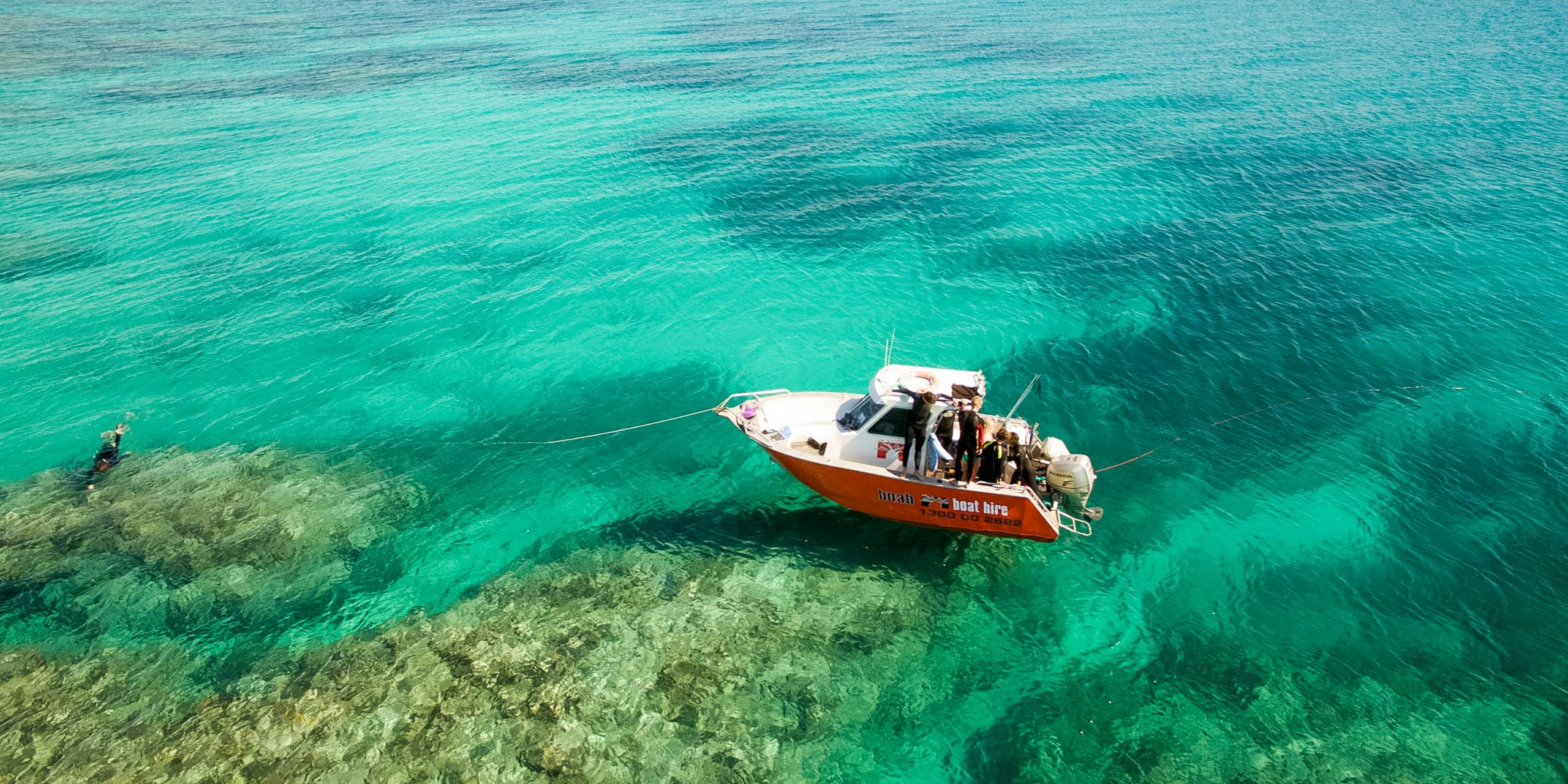- Author:
- Mary Rogelstad
- Published:
- October 22, 2021
- Favorites:
An environmental program that’s launching this month has a lofty goal – to encourage students to research the effects of climate change in their own community and then find ways to combat the problem locally. The Young Climate Leaders Fellowship Program is being held in conjunction with Rustic Pathways and Stanford University’s Deliberative Democracy Lab. It’s a follow-up program to this summer’s global summit that included students from 21 countries.
The students who registered are spending nearly two months putting together and implementing plans that will directly benefit their communities. Katie Le from Columbus, Ohio says the premise gave her a different perspective.
“When I think of climate change, I think about global warming, and I never really thought about how it affected my own community,” Katie Le said.
This month students have been working on block 1 of the program, which involves identifying a local need and then forming partnerships to address it. This requires students to look for environmental problems that are harming people in the community and then identifying an organization that could benefit from a donation drive that would support those in need.
Julia from Japan says this effort is allowing her to reevaluate the conditions in her country and come up with possible solutions. She has formed a team that is looking at resources that show how other countries have tackled their problems. She says the inspiration began with the very first meeting.
“The kick-off meeting was a transformative experience for me. We were all different from different countries and cultures, yet we were together because of our strive to solve climate change,” Julia said.
Myra from Malaysia says she is focusing on concerns about plastic pollution in her country. Her concern began after she went on a school trip to a local mangrove forest and beachfront to pick up trash.
“I felt the ubiquity of the ecological footprint that day by seeing how much trash and rubbish there was, how tangled the wildlife got in it, and how some of these pollutants originated from thousands of miles away from different countries,” Myra said.
The kick-off meeting was a transformative experience for me.
How Climate Change Affects Local Communities
Such local problems caused by worldwide issues are an increasing threat, according to a new report from the medical journal The Lancet. As NPR reports, the human health of hundreds of millions of people has now been worsened from climate change problems ranging from floods to heat waves.

A controlled burn at Iroquois National Wildlife Refuge in New York helps maintain habitat for many wildlife species.
“Unfortunately, this was the first year where I can say confidently that I and my patients very clearly experienced the impacts of climate change,” Dr. Jeremy Hess from the University of Washington told NPR. “I saw paramedics who had burns on their knees from kneeling down (on hot pavement) to care for patients with acute (heat) stroke and I saw far too many patients die as a result of their heat exposure.”
Program participants are encouraged to research these issues. This could include how extreme weather events may make it harder for lower-income residents to have food and clothing, or how environmental problems affect people’s health.
After they complete this, students will make a marketing and operations plan to launch a donation drive to help people in need. They will engage with other students participating in the program to compare ideas and find help in overcoming barriers.
Then by the end of November participants are expected to implement their plan and adjust it as needed. Along the way, they are encouraged to take photos and videos to raise awareness.
After the donations are collected, they can be distributed to a selected partner organization and students can summarize their results. Along the way, it’s hoped they will share what they’ve learned.
Vanessa from Ontario, Canada, who is participating in the program, already has firsthand knowledge of the impact of such efforts. She did a fundraising drive during the pandemic with a local bakery to support a nonprofit she is passionate about. Along the way, she says she saw it took a lot of responsibility to get started on a project and coordinate everything. But she also saw the great benefits.
“It’s really important to have a community that is there for you, and I was so lucky I could share my progress and hear others were inspired, and I also had others cheering me on,” Vanessa said. “There are truly no obstacles to your initiative and determination.”
For more information on Rustic Pathways’ environmental travel programs, please visit our program page.
Mary Rogelstad
Lead Editor
Mary is the Lead Editor at Rustic Pathways. She has been a writer and editor for nearly 20 years. Prior to covering student travel, Mary created content for the music education company J.W. Pepper & Son. She also was a writer and producer at CNN International and a communications director for a social service agency and a K-12 private school.
